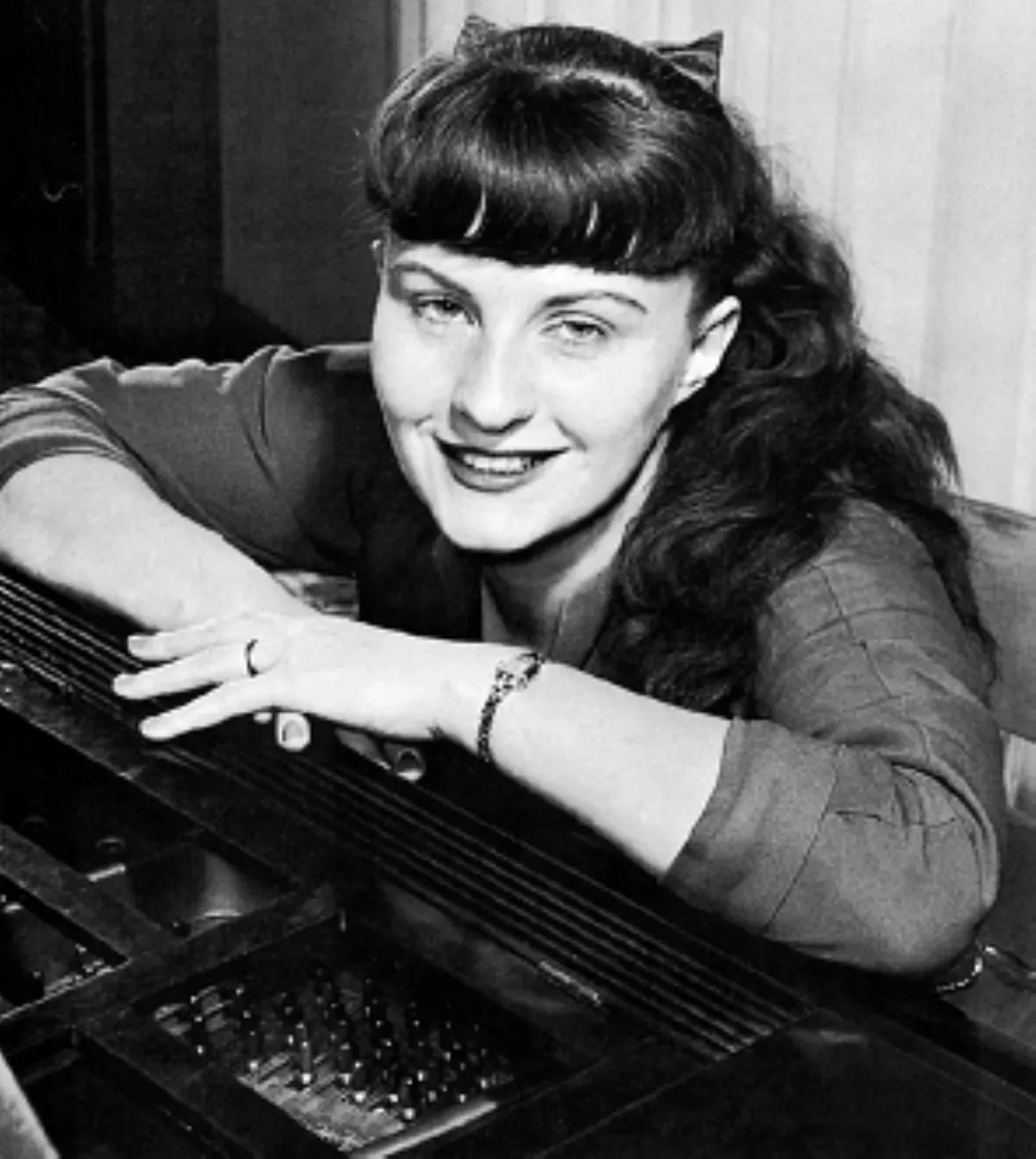 1.
1. Critic Leonard Feather heard Jutta Hipp perform in Germany in 1954, recorded her, and organized her move to the United States the following year.

 1.
1. Critic Leonard Feather heard Jutta Hipp perform in Germany in 1954, recorded her, and organized her move to the United States the following year.
For reasons that are unclear, Jutta Hipp's last recording was in 1956.
Jutta Hipp started working in a clothing factory, and ultimately cut herself off from the music world.
Jutta Hipp remained in the United States, and worked for the clothing company for 35 years.
Jutta Hipp was born on February 4,1925, in Leipzig in the Weimar Republic.
Jutta Hipp's family was middle class, with a Protestant background.
Jutta Hipp began playing the piano at the age of nine and studied painting in Germany.
Jutta Hipp had a son, Lionel, in 1948, named after Lionel Hampton.
Jutta Hipp worked with saxophonist Hans Koller from 1951, touring in Germany and other countries.
Later in 1954, Jutta Hipp played at the Deutsches Jazzfestival in Frankfurt.
Jutta Hipp immigrated to the United States in 1955, where she spent the rest of her life.
Feather arranged a visa for Jutta Hipp, and found her a job as a pianist at the Hickory House club in New York.
Jutta Hipp played a residency there for six months from March 1956.
Jutta Hipp played at the Newport Jazz Festival in the same year and recorded for the Blue Note label with Feather's help; the label released two LPs recorded at the Hickory House in April 1956.
Jutta Hipp worked in a clothing factory, continued to play on weekends, but started working for Wallachs clothing company in 1960, where she stayed for 35 years.
Jutta Hipp suffered from depression and struggled to maintain relationships.
Jutta Hipp died of pancreatic cancer on April 7,2003, in her apartment in Sunnyside, Queens.
Jutta Hipp never married, but was once engaged to Attila Zoller.
The New York Times obituary stated that "Jutta Hipp has no known survivors", although her son was still alive and living in Germany in 2013.
Jutta Hipp was criticized at an early stage for being too similar in style to Horace Silver's blues-based rhythms, having left cool jazz and bebop behind.